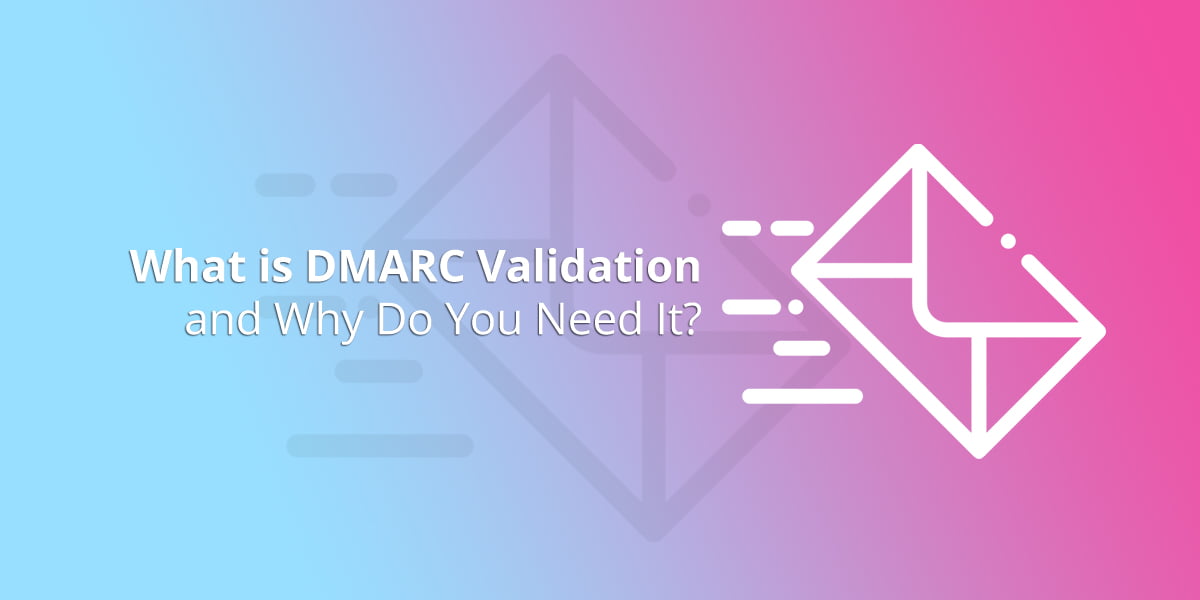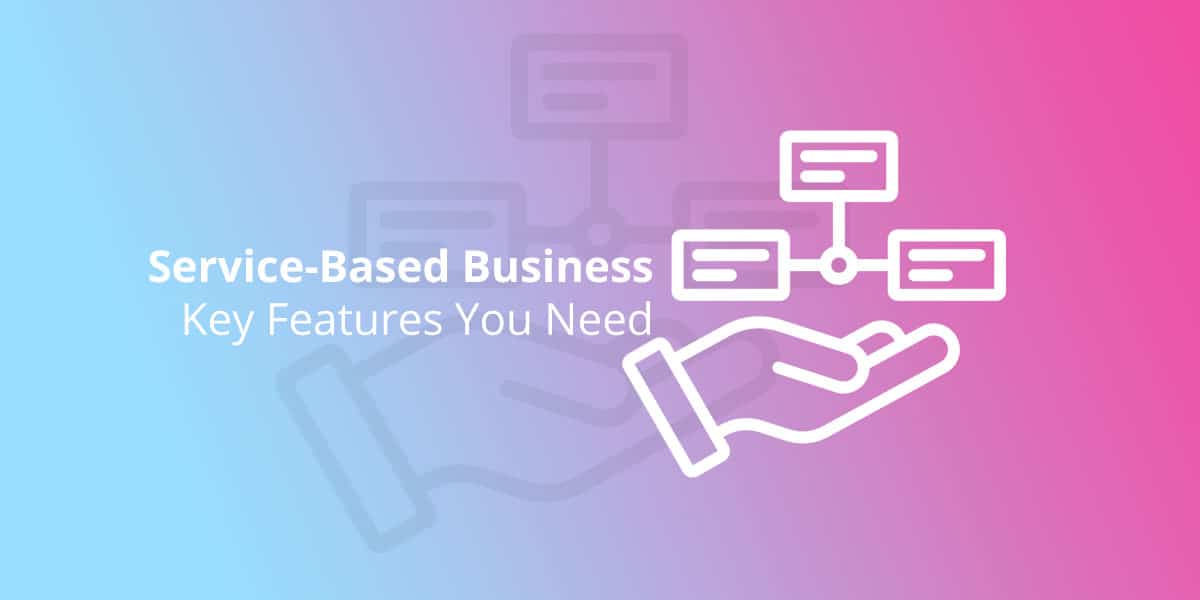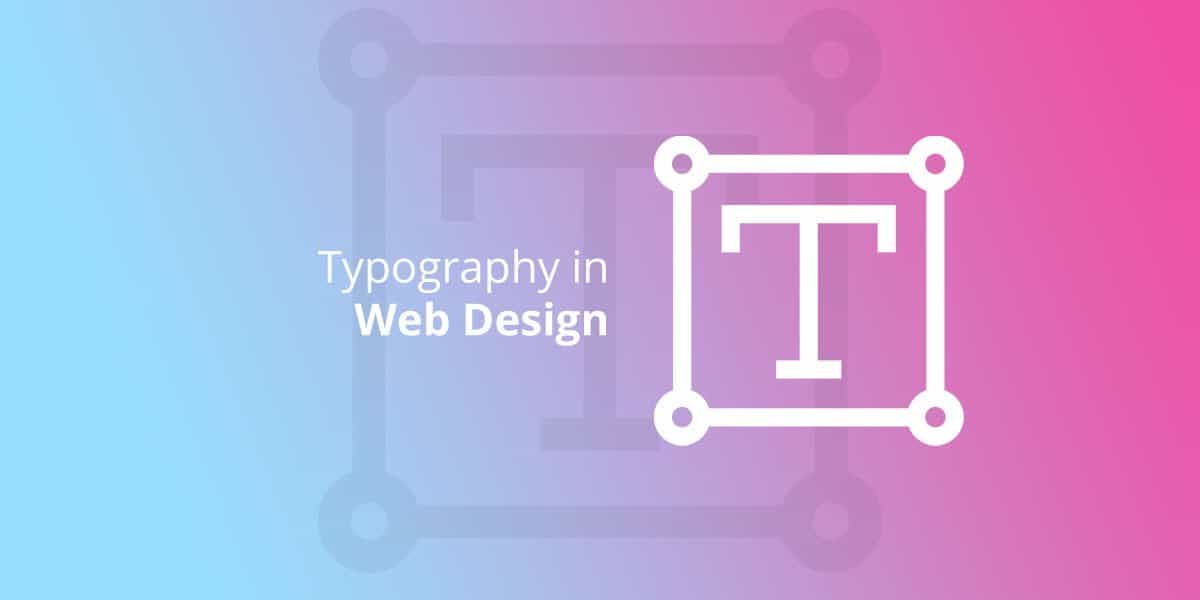Email communication remains a cornerstone of business operations, marketing strategies, and personal correspondence. Yet, it’s also a prime target for phishing, spoofing, and other malicious activities. DMARC validation emerges as a pivotal defense mechanism, ensuring that emails are authenticated, thereby protecting both senders and recipients from potential threats. This article delves into the essence of DMARC, its operational framework, and the undeniable benefits of incorporating this validation into your email security protocols.
Introduction to DMARC Validation
 DMARC (Domain-based Message Authentication, Reporting, and Conformance) is a validation system that enhances the security of email communications. By linking Sender Policy Framework (SPF) and DomainKeys Identified Mail (DKIM), DMARC provides a robust method for email authentication, ensuring that emails genuinely originate from the stated domain.
DMARC (Domain-based Message Authentication, Reporting, and Conformance) is a validation system that enhances the security of email communications. By linking Sender Policy Framework (SPF) and DomainKeys Identified Mail (DKIM), DMARC provides a robust method for email authentication, ensuring that emails genuinely originate from the stated domain.
The Significance of DMARC in Email Security
The primary goal of DMARC is to prevent email spoofing, where attackers send emails from a forged address, tricking recipients into believing the email is legitimate. This not only protects your brand’s integrity but also significantly improves the deliverability of your legitimate emails.
Benefits of Implementing DMARC
Implementing DMARC can dramatically boost your brand’s trust among customers and partners. It safeguards against phishing attacks and other email-based threats, ensuring that sensitive information remains secure.
Everything You Need to Know About DMARC Validation
What is DMARC validation?
DMARC validation is a protocol for email authentication that helps domain owners prevent their domain from being used for email spoofing, phishing scams, and other cybercrimes. It stands for Domain-based Message Authentication, Reporting, and Conformance and works by using SPF (Sender Policy Framework) and DKIM (DomainKeys Identified Mail) to ensure that an email message authentically comes from the domain it claims to be from.
How does DMARC protect against phishing?
DMARC protects against phishing by allowing domain owners to specify how email from their domain should be handled if it doesn’t pass SPF or DKIM checks. Receivers can then quarantine or reject unauthenticated emails, reducing the chance of phishing emails reaching their intended targets.
Why is DMARC important for email security?
DMARC is crucial for email security because it adds an extra layer of verification, ensuring that emails are authenticated before they reach inboxes. This prevents attackers from exploiting your domain to send malicious emails, thereby protecting your brand’s reputation and your recipients’ security.
Can DMARC improve email deliverability?
Yes, DMARC can improve email deliverability. By implementing DMARC, you demonstrate to email providers that you’re taking steps to secure your email, which can increase your trustworthiness and reduce the likelihood of your emails being marked as spam.
What are the different DMARC policies, and how do I choose the right one?
DMARC offers three policies: none, quarantine, and reject. The “none” policy is used for monitoring and doesn’t affect the delivery of unauthenticated emails. The “quarantine” policy moves unauthenticated emails to the spam folder, while the “reject” policy prevents them from being delivered at all. Choosing the right policy depends on your security needs and readiness to enforce stricter controls.
How do I set up DMARC for my domain?
Setting up DMARC involves creating a DMARC record and publishing it to your domain’s DNS. The record includes your policy preference and instructions for email receivers on how to report back to you about emails that pass or fail DMARC evaluation.
Is it difficult to implement DMARC?
The complexity of implementing DMARC can vary depending on your existing email infrastructure and the policy you choose to enforce. While the basics can be straightforward, navigating the nuances of SPF and DKIM alignment, policy enforcement, and interpreting reports can be challenging without expertise in email authentication technologies.
Do I need a DMARC validation service?
While it’s possible to implement DMARC on your own, a DMARC validation service can simplify the process by offering expert guidance, automated tools for creating and managing DMARC records, and insights into DMARC reports and compliance. Such services are especially beneficial for organizations with extensive email operations or those facing significant threats from phishing and spoofing.
What happens if I don’t use DMARC?
Without DMARC, your domain remains vulnerable to being used in phishing attacks and email spoofing. This can harm your brand’s reputation, reduce email deliverability, and expose your recipients to potential cyber threats.
How do I interpret DMARC reports?
DMARC reports are XML documents sent by email receivers to the address specified in your DMARC record. They provide information on which emails passed or failed DMARC evaluation and why. Interpreting these reports can help you understand your email ecosystem’s security posture, identify configuration issues, and improve your email authentication practices.
Incorporating DMARC validation into your email security strategy is essential for protecting your domain against misuse, enhancing your email’s trustworthiness, and safeguarding your recipients from phishing and spoofing attacks. By understanding and implementing DMARC, you can significantly improve your email security and deliverability.
FIND OUT MORE HERE https://support.google.com/a/answer/2466580
Securing Your Email with DMARC Validation
In conclusion, DMARC validation is not just a technical requirement; it’s a strategic necessity for any organization that relies on email communication. With our expertise, you can ensure your email ecosystem is secure, compliant, and optimized for success.
Contact us today to fortify your email security through professional DMARC validation services, and take a decisive step towards safeguarding your digital communication channels.






